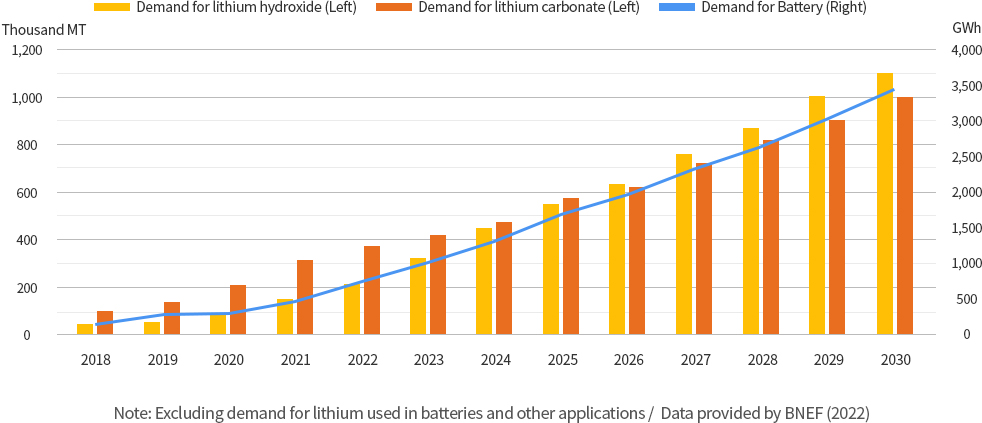Rare Earth Minerals Business
- The secondary battery industry is experiencing explosive growth in line with various countries' environmentally friendly policies.
- Each country is reinforcing resource nationalism, cross-country alliances based on resources, and access and control over resources to enhance their value. Measures such as restricting the export of raw materials are being implemented.
- Our company is actively pursuing the domestication of rare minerals, including lithium, cobalt, nickel, manganese, iridium, which are essential minerals for secondary batteries, and supplying them within the country.
- As part of the primary initiative of this endeavor, we are vigorously progressing a project that involves importing untapped lithium, often referred to as "white oil," in its raw form with official approval from the Zimbabwean government. We process this material domestically and supply it within the country.
Lithium: The Core of Leading Future Industries' Energy / "White Oil" of the 4th Industrial Revolution
-
Lithium (Li)
- A chemical element with atomic number 3, it is a highly reactive and highly flammable soft silvery-white metal
- It is the lightest metal, and it has the lowest density of all solid elements, being about half the density of water.
Characteristics of Lithium
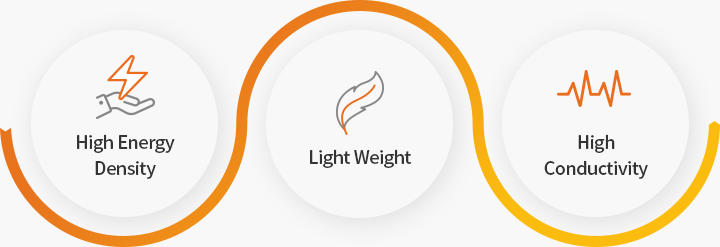
Zimbabwe Lithium /Ranked 6th in the world for production QTY
Zimbabwe

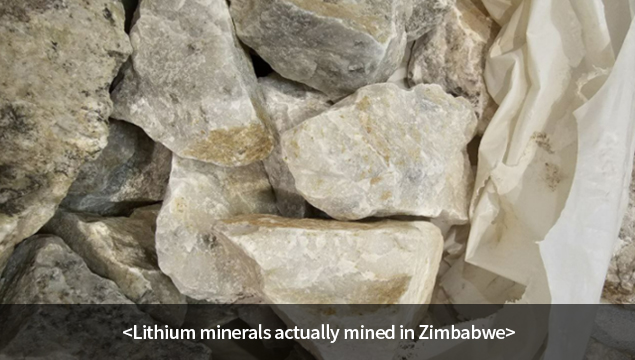
- Well Biotec has obtained approval from the Zimbabwean government to be the first to receive a lithium ore export permit following regulations.
- Lithium ore, a rare mineral, is mined in Australia, Chile, China, Argentina, and Brazil. Zimbabwe, ranking 6th in the world, possesses significant production capacity.
- The U.S. International Trade Administration (ITA) estimates that if Zimbabwe mines all the discovered lithium deposits, it could supply over 20% of global demand, owing to its substantial reserves.
- Zimbabwe implemented the "Base Minerals Export Control Act" in December 2022, prohibiting the export of lithium ore. This law effectively blocks the distribution of lithium ore in its raw form, emphasizing the strategic importance of lithium.
- Well Biotec directly imports high-quality lithium ore under the approval of the Zimbabwean government.
Lithium Carbonate / Lithium Hydroxide Introduction & Usage
Well Biotec aims to enhance the national competitiveness of the secondary battery industry by supplying refined, high-purity lithium materials (lithium carbonate, lithium hydroxide) to the domestic market at stable supply and competitive prices.
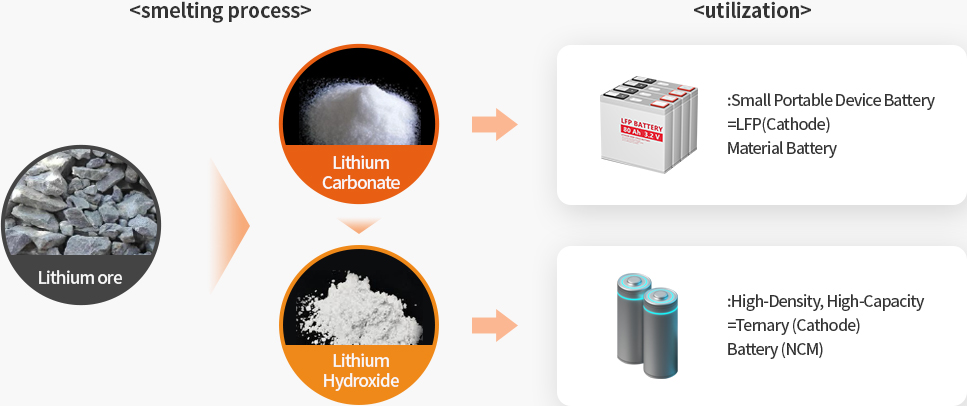
Lithium Carbonate > LFP / Lithium Hydroxide > NCM
Composition of Secondary Batteries
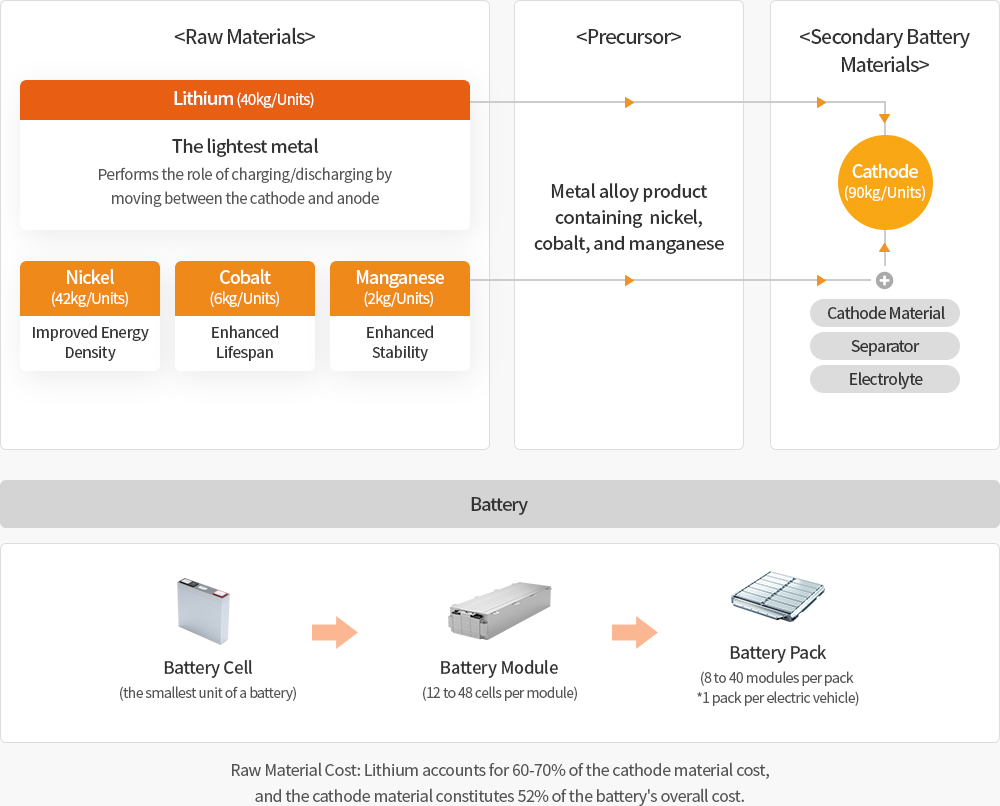
The future energy lithium of the 4th industrial revolution
Lithium Market Outlook
-
- Lithium, a crucial raw material for secondary battery electrodes, holds a significant portion of the battery cathode material cost. Due to surging demand, prices have surged dramatically.
- It is projected that by 2040, demand for lithium will increase by 42 times compared to 2020.
- Lithium production is planned on a 1-2 year basis, with mining development taking 4-7 years. However, due to fluctuating demand, supply shortages occur repeatedly
Globally, lithium is a key resource used in electric vehicles and renewable energy storage systems, contributing to the growing demand.
Lithium Domestic Situation
-
- Lithium accounts for 60-70% of the cost of secondary battery cathode material. Reducing this cost enhances industrial competitiveness.
- Korea boasts strong market share, technological prowess, production, and quality in the secondary battery market. However, it faces shortcomings in raw material competitiveness
- Consequently, the domestic battery industry is burdened by raw material inflation for secondary batteries, leading to declining profitability and competitiveness.
Comparison of Lithium Compound Demand for Batteries
Due to the increasing demand for batteries, the demand for lithium is expected to continue rising in the future.
